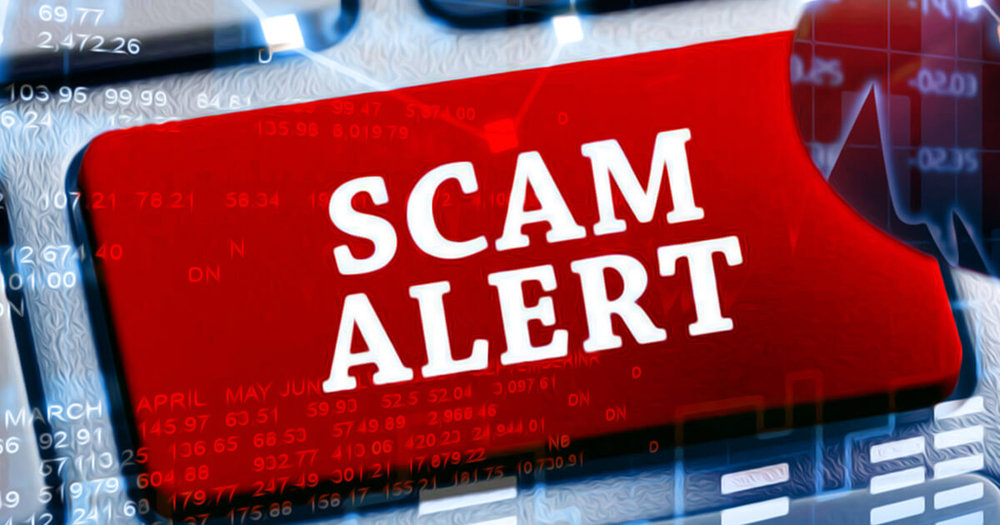
Safety & Security
Watch Out for Tax Identify Theft
Tax-related scams continue to evolve as criminals impersonate the IRS and try to trick taxpayers into sharing personal information. If you’re expecting a tax refund, you may be tempted to respond to emails and online ads claiming to help you get your refund faster. However, these offers may be an attempt to steal your identity and use your information to run up charges on existing credit cards and apply for new loans, credit cards and other services or benefits.
Protect yourself: As tax season gets underway, be alert to scams targeting your identity and information. Avoid responding to suspicious emails or clicking on any links claiming to help you get a tax refund. If you believe someone used your Social Security number to get a tax refund, visit IdentityTheft.gov to report the identity theft and continue to monitor your credit reports.
Hackers Targeting Home Networks
Smart home devices bring added convenience allowing you to control many functions right from your smartphone. However, they can also make you more vulnerable to hackers targeting home networks. Hackers may attempt to gain access to connected accounts and passwords through smart devices, or they may find ways to tamper with security cameras, spy on your home or access your personal information.
Protect yourself: Set up a secure, password-protected Wi-Fi network for connecting your smart home devices. Create hard-to-guess passwords for your Wi-Fi network and other accounts. If your home network has been hacked, reset your router and change passwords right away. Contact a trusted tech support company if you need help running a virus scan, reconfiguring network settings or deactivating remote administration.
Spot a Utility Bill Scam
If you receive an urgent phone call or recorded message from someone claiming to be from your utility service provider, you may wonder if there’s a problem with your phone, gas or electric bill. In other cases, you may receive a robocall with “good news” saying you overpaid your utility bill, with a request for your account information to provide a refund. Unfortunately, these unsolicited calls or robocalls are likely impostor scams designed to trick you into sharing sensitive information.
Protect yourself: Don’t share your account information with an unsolicited caller; instead, call your utility company directly to ask about the status of your utility payments. Report suspicious activity and scams to the Federal Trade Commission at ftc.gov/complaint.

